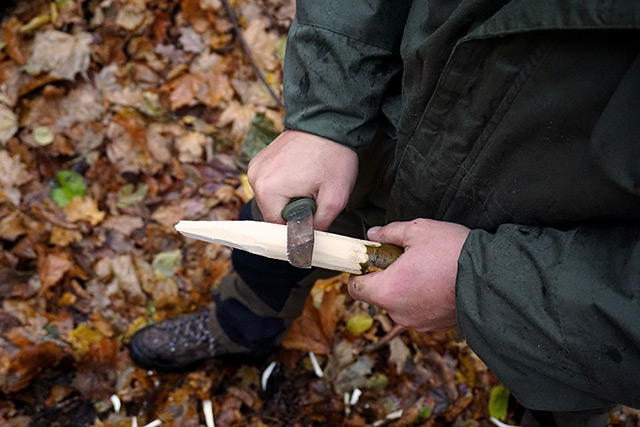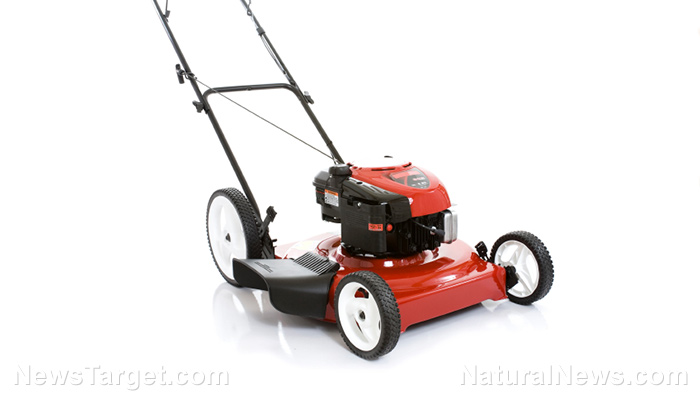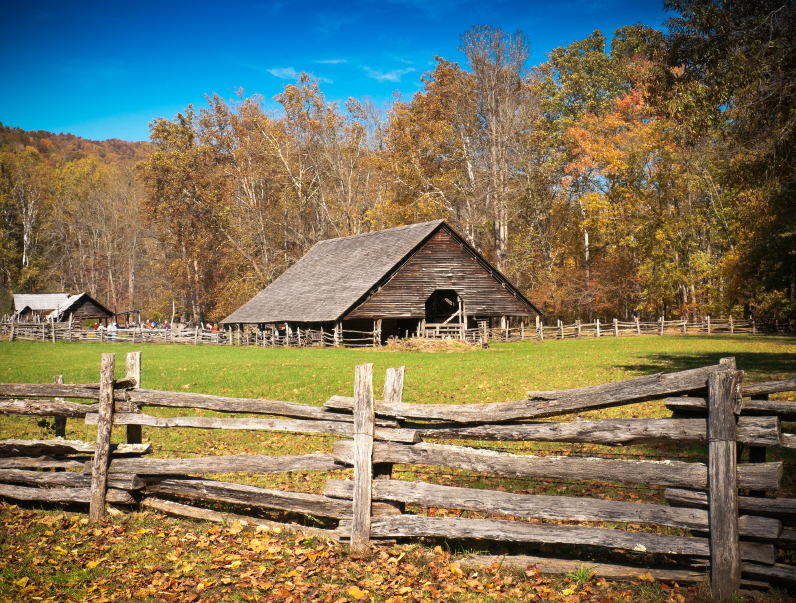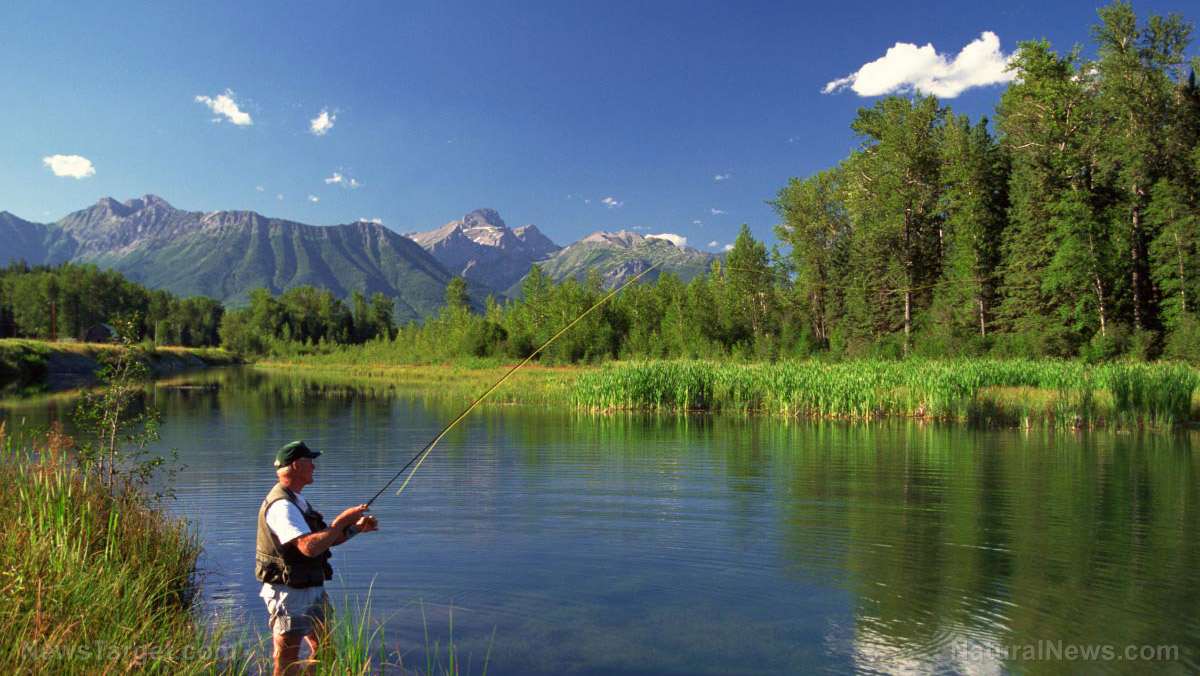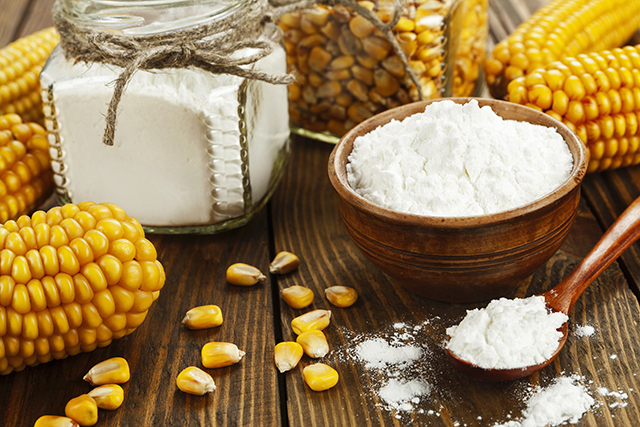Avoid these prepping mistakes that most people make
07/09/2018 / By Ethan Huff
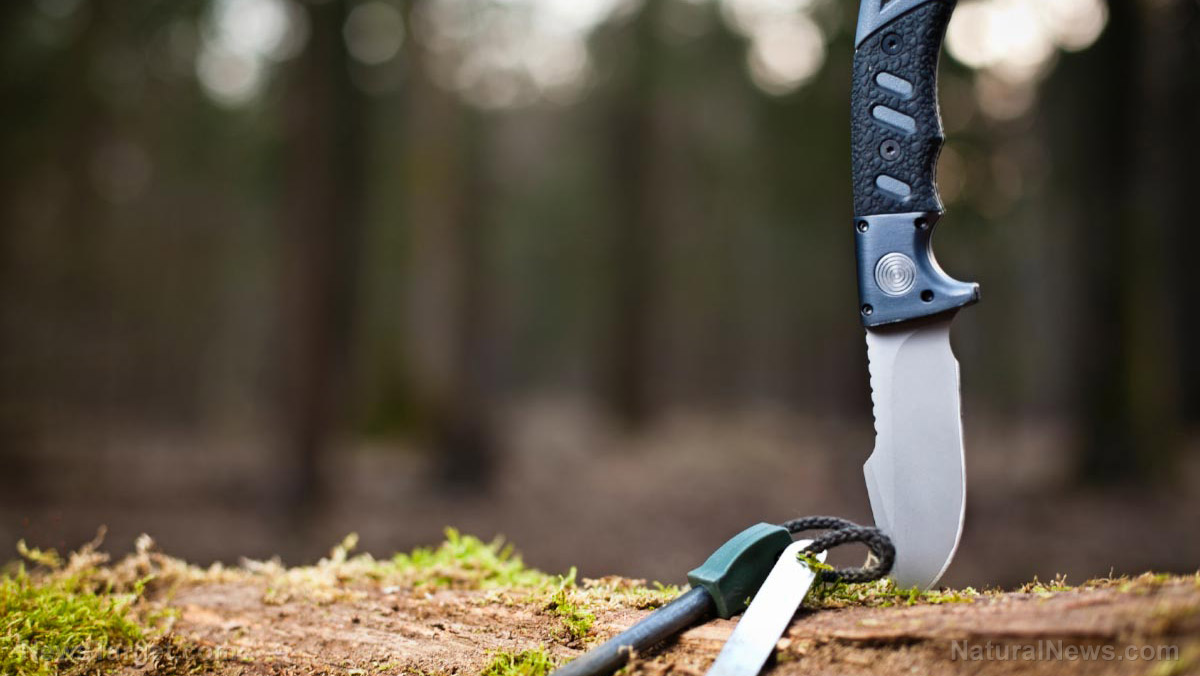
There’s a whole lot more that goes into prepping for a worst-case scenario than simply stockpiling a bunch of food and storing up extra ammo. You’ve also got to learn how to ensure that the food you have remains edible, for instance, as well as take steps to ensure that you have a steady and clean supply of drinkable water.
The following nine scenarios represent some of the most common mistakes and oversights that “preppers” make when engaging their plans for survival:
1) Purchasing unnecessary gear
Newbies are notorious for making impulse buys that aren’t necessary. Many read about this or that in the latest survivalist magazine and think to themselves, “I’ve got to have that!” Before jumping the gun and purchasing anything and everything that seems like it might be handy, first do your research and decide whether or not your prepper stockpile actually needs all of that extra gear.
2) Bringing your pre-existing health conditions with you
Physical fitness is key to survival, both in everyday life and when things hit the fan. If you have pre-existing health conditions such as obesity or dental problems that you can fix now, do it. It’s also a good idea to start exercising, lifting weights, and training yourself to eat a proper diet now, if you haven’t already.
3) Reusing canning lids
Many people who didn’t grow up during a time when canning was more popular might not know that lids can only be used one time for vacuum sealing. After a canned item has already been opened, it’s necessary to use a brand new lid in order to ensure that air and other contaminants don’t get inside and spoil the food.
4) Failing to know your climate
Along these same lines, the shelf life of your food is contingent upon climate conditions. An attic in the south, for instance, might not be the best place to store food, as the extreme heat and moisture can cause it to spoil more quickly. A cooler, drier area such as a basement is preferable.
5) Forgetting to plan for clean water
Many preppers assume that they’re just fill up their water bottles from barrels or even rain falling from the sky. This might work, but it’s a much better idea to store clean water in your food stockpile, especially since you can’t live without it for more than just a couple of days.
6) Assuming that snow is a proper substitute for clean water
People who live in colder climates may also think that snowmelt is a good water source, when in fact it’s not ideal during a survival situation. Because of its very cold temperature, snowmelt requires a large amount of energy for the body to assimilate, which for some people can make trying to survive and even maintain basic health somewhat of a challenge.
7) Trying to convince stubborn people to prep just like you
As you begin to compile your hoard, there are going to be people who think you’re nuts. Trying to convince them to do the same, in other words, will be a fruitless endeavor. If your neighbors are resistant to the prepping for the future, don’t waste your time and energy trying to force them into this paradigm.
8) Assuming that you’ll be able to bug-in without problems
It might be possible to hunker down in your home “compound” during a worst-case scenario. But don’t forget that there will likely be no utilities, no law enforcement, no medical clinics – nothing at all, more than likely, in operation. You may have to trek outside, in other words, more than you might think.
9) Forgetting about the bleach
It might not seem all that important, but bleach is a critical survival resource. Not only does it purify water, but it also stores well for long periods of time – up to six months! – meaning you’ll always have a sanitation option on hand when you need it.
For more survivalist tips, visit Survival.news.
Sources for this article include:
Tagged Under: bug in, bug out, canning, clean water, Gear, off grid, preparedness, prepping, sanitation, survival, survival food

